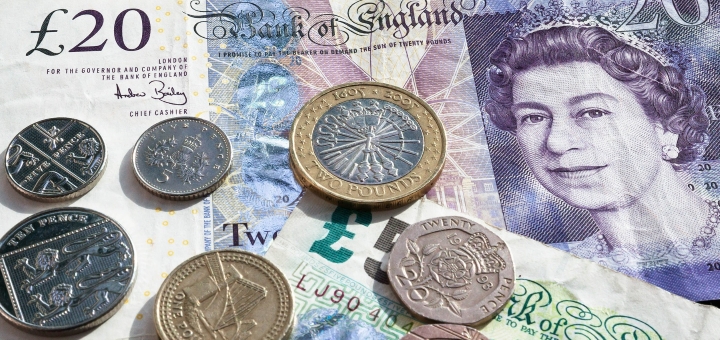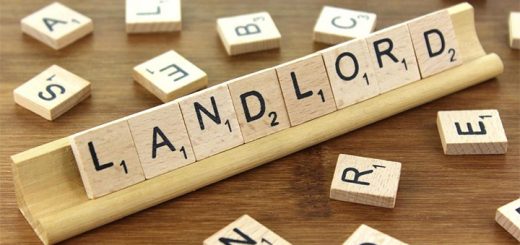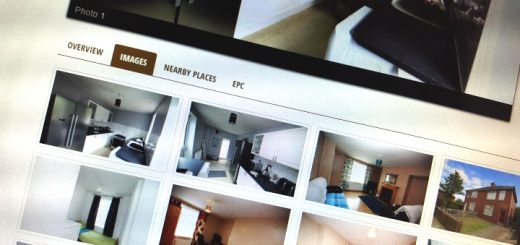Growing your assets the smart way – through an investment property for rental

An investment property for rental is one of the most lucrative assets that an individual, family or company can acquire.
While shares on the stock market or savings in the bank can move up and down in value according to the financial markets on a daily basis, over the longer term the purchase of property will provide a more consistent growth in the return on investment.
It is important for any first-time investor considering purchasing a property for rental in the residential marketplace that they consider a number of important factors that will help to preserve and, indeed, optimise their investment.
Using a legal checklist for landlords provides a sound framework for helping first-time landlords, in particular, to protect their interests.
Understand the local rental market
Landlords should consider what rent they intend to charge, and whether the rental is considered to be fair within the context of the current rental market.
An effective way to do this is to conduct a scan of current properties available for rent, compare properties similar to the one the landlord owns, and identify what weekly or monthly rent is being asked by other landlords or agents.
Conduct health and safety checks
A landlord should be aware of the importance around ensuring that they complete health and safety checks on an annual basis.
It is a landlord’s legal responsibility to ensure that electrical and gas fittings and equipment are properly installed and checked each year. This allows for early detection of any potential risks or hazards such as emission of carbon monoxide gas due to leaks in pipes, or fires starting as a result of damaged cabling or electrical outlets.
Check and maintain fire equipment
Another thing a landlord should commit to is ensuring that the property has sufficient and operating fire alarm equipment.
Fire alarms should be installed on every floor of a property and in each main living space within the home. The alarms, whether they are battery operated or hard wired, should be checked at least annually – and preferably every six months – to ensure that they are functioning as intended.
Evaluate tenancy applications
Next, landlords need to consider how they will screen and evaluate each tenancy application, so they can find and secure a tenant that can pay the rent and properly maintain the property over the term of the lease.
Procuring the services of a rental agent or solicitor can assist in managing this important step.
Manage the tenant’s bond
Finally, but very importantly, landlords need to look at how they will manage the collection and safe retention of the tenant’s bond.
A government-administered deposit scheme is the best way to ensure that both landlords and tenants are protected with respect to the retention and release of a tenant’s bond.
Any bond paid to the landlord should be forwarded to and registered with the local authority in the landlord’s jurisdiction, and the landlord should issue the tenant a copy of the receipt that confirms payment into the deposit scheme.
Look after your ROI
In summary, whether someone is purchasing their first or tenth property, following a checklist for landlords supports an optimised return on investment through rigorous risk management.
Photo credit: Stefan Schweihofer










1 Response
[…] are no different. There are many ways to make money from your property investments too, from renting them out to turning over a profit after some home improvement projects (check out our Home Improvement […]